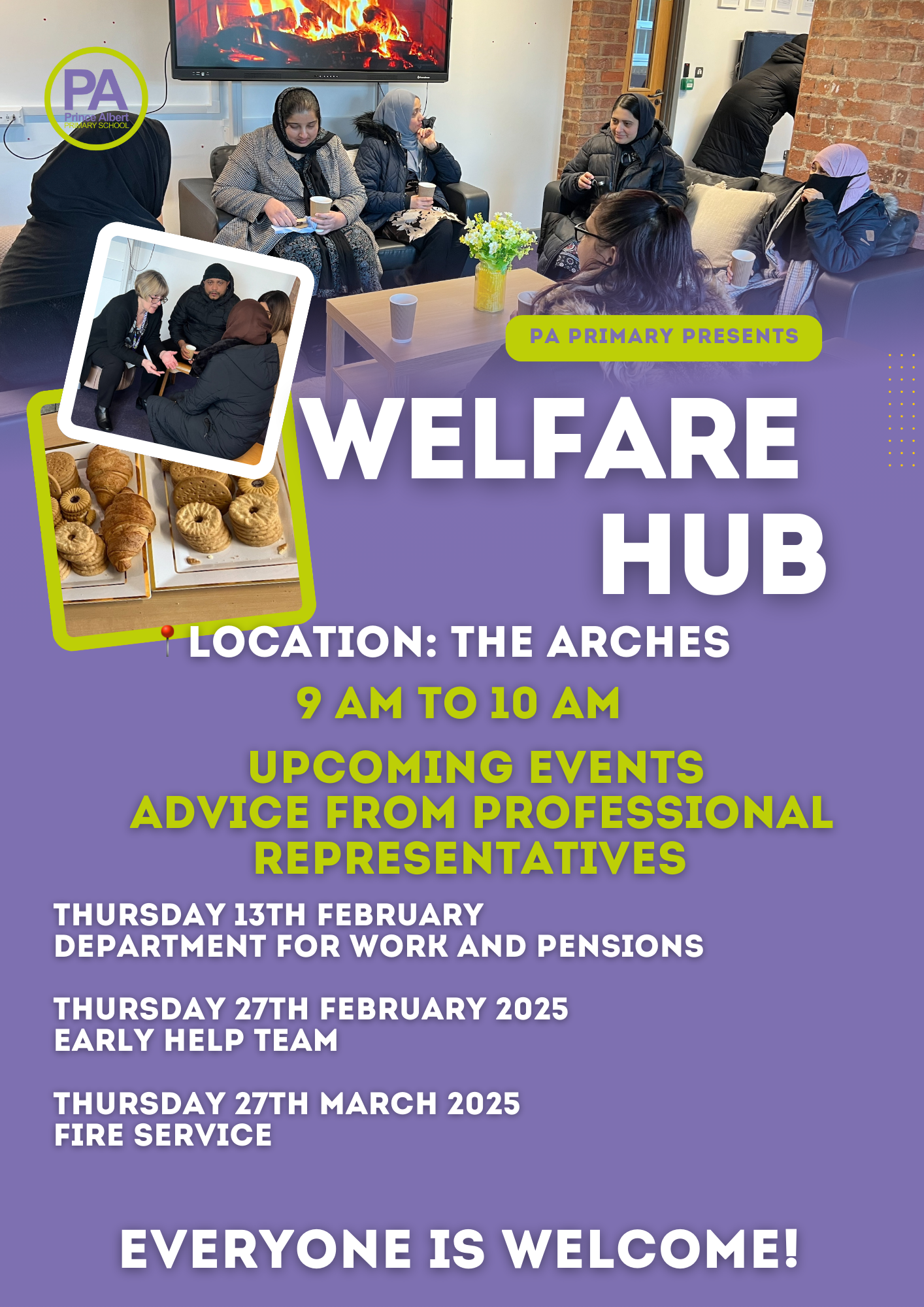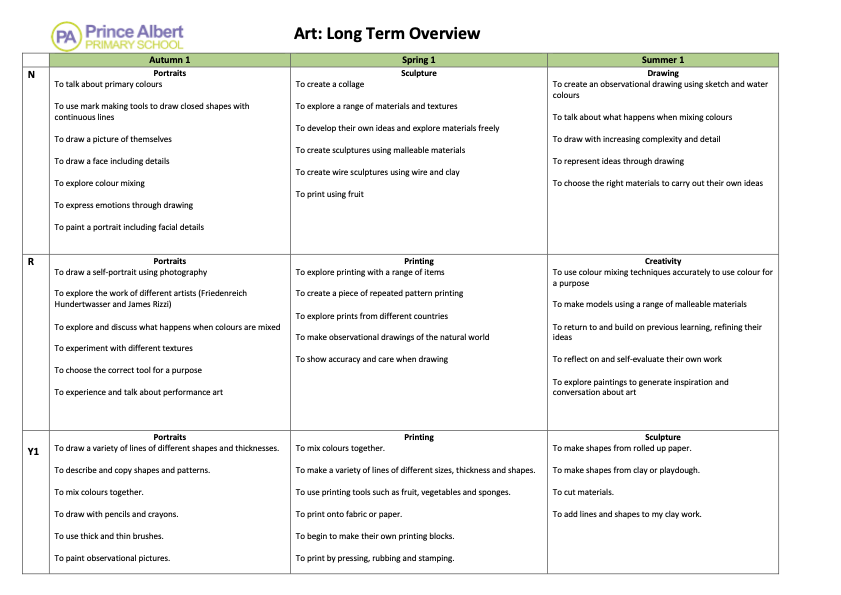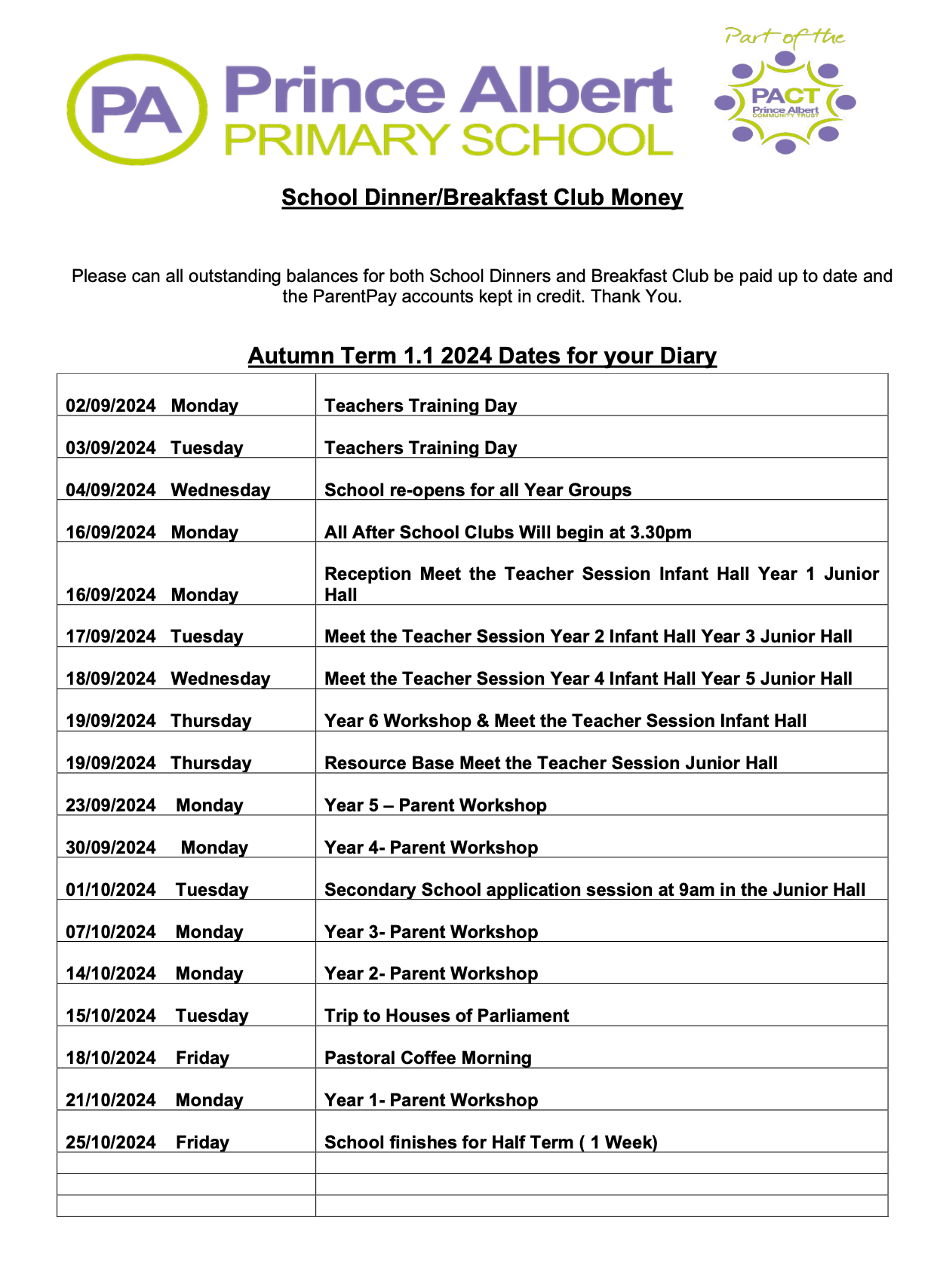
ORACY
“Mankind's greatest achievements have comeabout by talking, and it's greatest failures by not talking. " - Stephen Hawking
INTENT
At Prince Albert School, we recognise the importance of spoken language in building confident and articulate communicators. Our intent is for all children, regardless of their starting points, to become confident communicators who feel valued, heard, and confident in expressing themselves. We understand that the deliberate and explicit teaching of oracy has a measurable impact on academic attainment. Therefore, we are committed to embedding oracy across the curriculum, ensuring that all children are exposed to talk-rich environments conducive to their development.
Our pupils will learn the nuances of effective communication, including tone, pace, and body language, ensuring they can engage with different audiences and purposes. At Prince Albert School, students experience a range of talking styles – from exploratory talk to presentational talk. Through our commitment to nurturing oracy skills, we are equipping our pupils with the tools and abilities needed to navigate and thrive in an increasingly complex world. We are dedicated to preparing our pupils with the oratory skills they will need to be successful in all areas of life, unlocking their potential to be the articulate and persuasive leaders of tomorrow.
IMPLEMENTATION
Oracy is embedded across the curriculum. We ensure that subject specific vocabulary is explicitly taught. Our teachers employ innovative instructional approaches, such as talk-based inquiry, sentence stems, and collaborative projects, to foster regular opportunities for pupils to experience a range of talking styles – from exploratory talk to presentational talk. Our pupils participate in various activities such as discussions, presentations, performances, role play, and debates, allowing them to develop their communication skills across different contexts.
Drawing on research-based strategies, we have established timetabled oracy lessons dedicated to the explicit teaching of oracy. Our units are designed based on guidance from the Voice 21 framework,focusing on physical, linguistic,cognitive, and social-emotional aspects of spoken language. Key skills and knowledge have been carefully mapped across the school to ensure that learning is sequential and progressive. These lessons are designed to build foundational communication skills in early years, which then gradually progress to incorporate more complex oracy practices, including debates, presentations, and group discussions. Although we firmly uphold that oracy is a cross-curricular responsibility, we wanted to provide teachers and pupils with the time and space to develop oracy skills. By investing time into the explicit teaching of oracy, the skills are embedded into the pupil’s long-term memory and are used with automaticity. To enhance our provision further, we have established a membership with Voice 21, an organisation dedicated to promoting oracy in schools. Through this collaboration, our subject leader receives specialised training and support, ensuring that our oracy curriculum is both comprehensive and innovative. All staff have received training to develop their subject knowledge of oracy, with access to ongoing professional development opportunities. This membership allows us to implement best practices in oracy education, providing our pupils with the highest quality learning experiences.
IMPACT
At Prince Albert School, the impact of our dedicated oracy curriculum is visible in our pupils’ growing confidence, ability to articulate ideas, and engagement across all areas of learning.Through the explicit teaching of oracy, children become proficient in adapting their speech for different contexts, audiences, and purposes, equipping them with skills that extend beyond the classroom. We see pupils demonstrating improved listening and response skills, as well as enhanced critical thinking and problem-solving abilities, as they learn to reason, question, and debate.
Our focus on embedding oracy into long-term memory means that these skills are not only immediately beneficial but are also tools that pupils carry with them, aiding their academic progress and personal development. By fostering confident communicators who feel valued and heard, we prepare our students to thrive in their future academic,social, and professional lives, positioning them as articulate leaders and empathetic citizens. Our partnership with Voice 21 allows us to continually assess and refine our approach, ensuring that our oracy provision remains impactful, relevant, and rooted in the latest educational research.
ART
“Art has the role in education of helping children become more like themselves instead of more like everyone else” (S.G.Clemens)
Intent
At Prince Albert Primary School, we want to nurture, foster and instil a love and passion for art and design. Our carefully planned curriculum is designed to engage, inspire and challenge pupils, whilst equipping them with the knowledge and skills to experiment, invent and create their own pieces of work. We also aim for our pupils to have the breadth of knowledge that enables them to critically evaluate a piece of art. We want our pupils to understand the wider impact of art and how it contributes to the culture, creativity, and wealth of our nation. Therefore, pupils learn about unique and diverse artists, craft makers, and designers to show children the limitless opportunities and careers that art and design can provide and to foster a lifelong passion for art.
Implementation
At Prince Albert Primary School, we have designed our own progressive curriculum that enables pupils to develop the key elements and components that underpin the art curriculum which are line, shape, form, texture, colour, and value. The foundations for art are laid in our Early Years Foundation Stage (EYFS). In EYFS, children begin to learn the fundamental skills of drawing, printing, painting, and sculpture. They begin to experiment with different tools and textures. As they move to KS1, they build on these initial skills in these areas of art, and they also learn more about collage and digital media in KS2. Our art curriculum develops pupils’ interests and curiosity about art and design through a cross curricular approach which focuses on specific themes such as the Stone Age and World War 2. 
At Prince Albert Primary School, each of our pupils has their own sketch book which demonstrates their creative journey within each unit. These books are used to record ideas, practise new techniques, and further refine their skills. These sketch books also give our pupils the opportunity to study and critique existing pieces of art/artists and use these ideas to develop their own pieces of related artwork. Also, we ensure our children have access to a wide variety of art resources and have opportunities to use a range of media. Pupils are taught to be reflective and evaluate their work, thinking about how they can make changes and keep improving. Pupils have the opportunity to showcase and exhibit their work throughout the school, either in classrooms or during art exhibitions.
We have a highly knowledgeable leader of art who ensures that the curriculum is regularly reviewed and refined. Art skills are assessed throughout a unit of learning, and this assessment is used to drive future retrieval and learning opportunities.
Impact
Due to the nature of this curriculum area, art monitoring takes various forms. Pupil voice demonstrates that pupils talk enthusiastically about their art lessons and show a genuine curiosity and interest in the areas they have explored. In addition, senior leaders and the art leader regularly conduct learning walks and look at sketch books to ensure progression of skills is evident. Monitoring and pupil voice shows that our pupils leave Prince Albert school with a range of art skills, a passion for art and a knowledge of a range of artists.
Contact Us
Prince Albert Primary School
Albert Road
Aston
Birmingham
B6 5NH
Phone: 0121 327 0594
